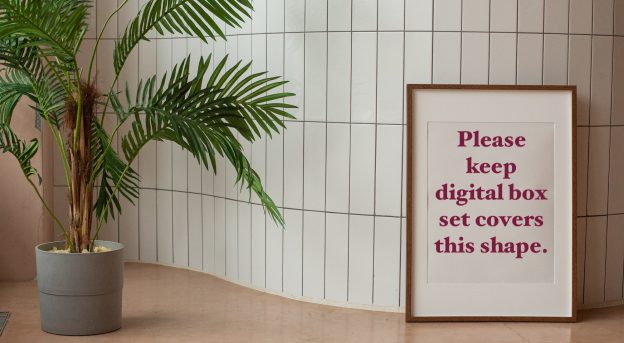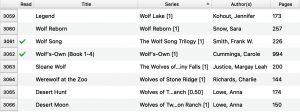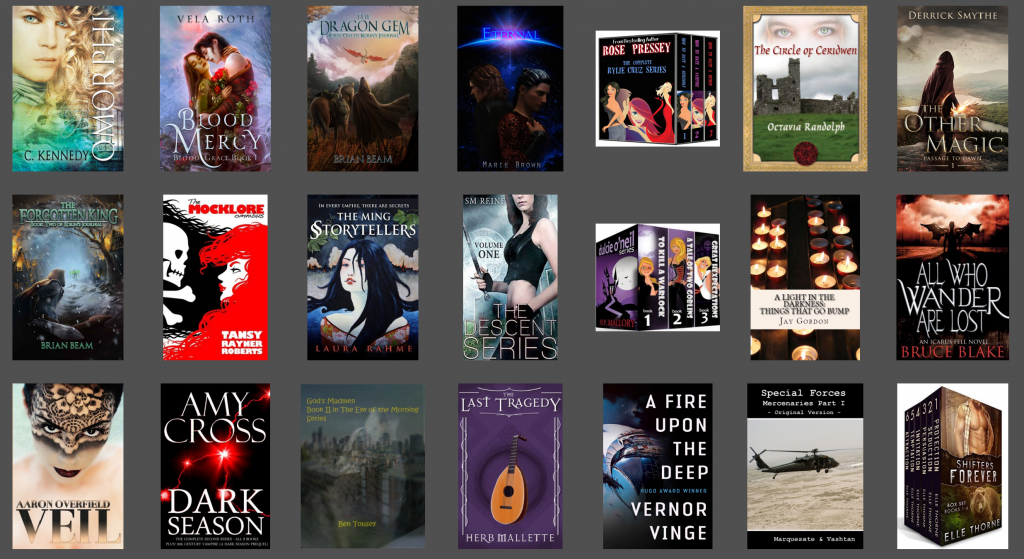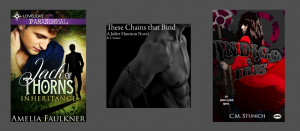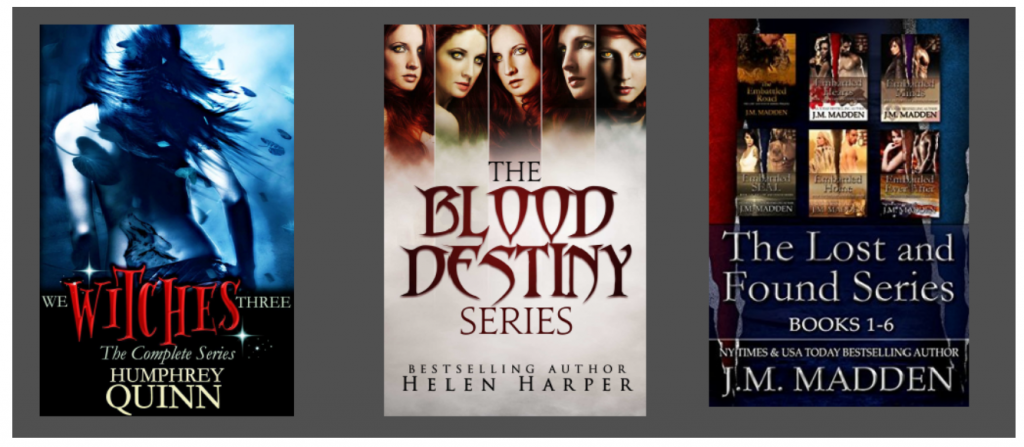This is another one of those “I saw something on the internet that got me thinking” posts. Earlier today, I was scrolling through Instagram and came across a reaction reel of someone holding up a well known epic fantasy with a caption that read something along the lines of “reading a fantasy without any sexual assault in it.” It was followed by an author pissily reacting with “You know what, it’s almost like those books aren’t written for you.” And a lot of the comments were along the lines of “I hate when readers shame authors or other readers for including sexual assault.”
I’m not going to link the post, because I’m honestly not trying to start anything with anyone. They are 100% entitled to her opinion on the matter. I can even see where they’re coming from. There are a myriad of reasons to include a sexual assault and/or rape in a story—from authors and/or readers working out their own trauma, to it fit the plot, to the fantasy is sexy, and more. Nowhere in the following post am I suggesting sexual assault and/or rape should not ever be used in a book. That isn’t my argument here.
But the reel did make me wince and think, “Oh man, they’d hate me and my reviews.” Because I call out sexual assault and rape in books ALL THE TIME. And sometimes I even say things like “Come on author, could you really not think of anything more original to give this character a backstory?” And that can feel pretty shamey.
But I have a reason for this. It’s not usually about the inclusion of sexual assault in the singular, it’s about the sexual assault scene as a part of the collective. I read a lot of fantasy and a lot of romance, and sometimes it feels like, no matter how hard I try, I can’t even find a book that doesn’t have at least a rape threat in it. It’s just so very prevalent. And the knock-on effect is that, even when an individual book includes a sexual assault that serves a purpose and fits it’s plot in a way something else wouldn’t, it just feels like one more rape in a downpour of rapes, rather than one purposeful plot point.
So, at some point in the past, I started noting sexual assault and rapes in my reviews. Because it comes down to the numbers for me. Here’s one, and one more, and one more, and yet another, and another, and another, and another, and another, and another. At this point, I don’t even get triggered, or angry, or anything as strong as disgusted. I usually just sigh in disappointment, note it, and move on. But even that apathy is sad.
I don’t like what this says about our society, that sexual assault and rape feels the go-to for plot progression, drama, character development, etc. At this point, I think it too often feels lazy. Don’t want to take the time to develop a strong character, just have her boss rape her. Does she need a traumatic backstory to overcome, date rape to the rescue. Need to knock a competent female character down a peg or two, write a violent sexual assault into the story. Need to add a little danger that the hero can save the heroine from? There’s always a stranger ready jump out and try to rape her on her walk home from the bus stop. Want the reader to know your bad guy is really bad? Murder isn’t enough, but a rape fantasy will send the message every-time. Want the the reader to know the woman is in a bad neighborhood, have a few sexually explicit cat calls that read like rape threats get thrown her way. Want to let the reader know she was being impetus and acting in anger, let her storm off and then narrowly avoid a sexual assault (but make sure the reader has to read four paragraphs about what he plans to do to her before she escapes or is rescued).
And so, so, so, so often there are better option available to the author. My fear is that we’ve all read these stories so many times that we’ve set the precedent and expectation within our selves. We subliminally expect it and therefore, when we create our own stories, we replicate what feels familiar without even realizing it. Again, I’m not saying no author should ever include a rape or sexual assault in their story. But I often call out rapes and sexual assaults in books because I feel like the author didn’t critically consider their own use of it. They just wrote what felt like should come next, because so often it does in stories. I WANT TO BREAK THAT SUBCONSCIOUS PATTERNING and I feel like the first step is to acknowledge it. So, I point it out in the hopes that others will notice it too.
Authors, all I’m asking is, include rape and sexual assault, sure, but do so consciously and conscientiously. Because as a reader, I honestly feel like I’m experiencing secondary trauma by virtue of being hit with a barrage of sexual assault and rape scenes, threats, and references every single day. I not infrequently realize that I’m tensing up in anticipation of the assault before it ever appears on page.
We hear about it in the media (who’s had allegations leveled against them, who’s be sentenced or acquitted, what new scandal is breaking, what war crime against women is being discussed, who’s speaking out at last, which billboard looks like an assault in lingerie, etc) and then we sit down to read (or watch a show/movie) in our down-time and get hit with more and more and more. It’s everywhere, always. I’m love it if there was a little less of it in the books I read for fun.
So, a single scene is just that. But I’m asking authors to also consider how that scene fits into the larger body of the genre you write in. Some books are always going to include references to sexual assault and/or rape, if not the act itself. If you’re writing erotica that explores the dynamics of power, control, and consent or if the story is about overcoming a rape, for example, then I have no complaints. But if it’s not a necessary component of the story, why not at least consider using something else?
If I’m honest, even if you consider and still decide to go with the rape or sexual assault, it’s a first step. It’s how often the scene doesn’t feel considered that really bothers me. I cannot tell you how many fantasy villains I’ve read, spouting off rape threats and I’ve just stopped and thought, “Well, that came out of nowhere and relates to nothing.” This is the sort of thing I’m thinking we could do without.
That’s it. That’s my reaction to a random Instagram reel I encountered on the internet. It’s not based on science or research. It’s completely anecdotal. But also 100% heart-felt.
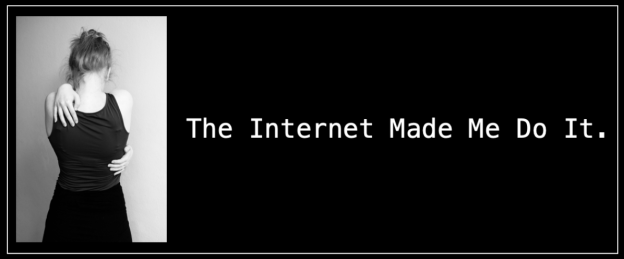
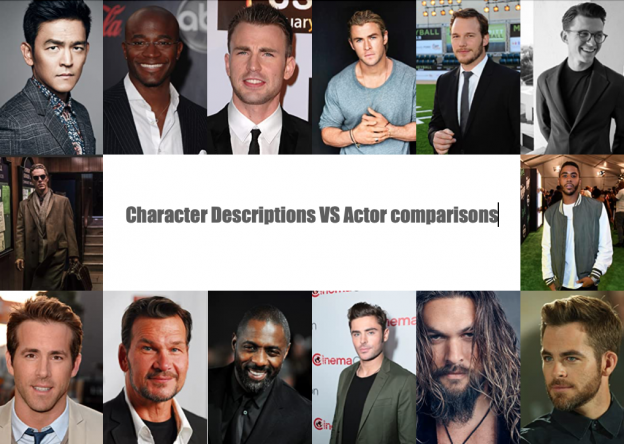
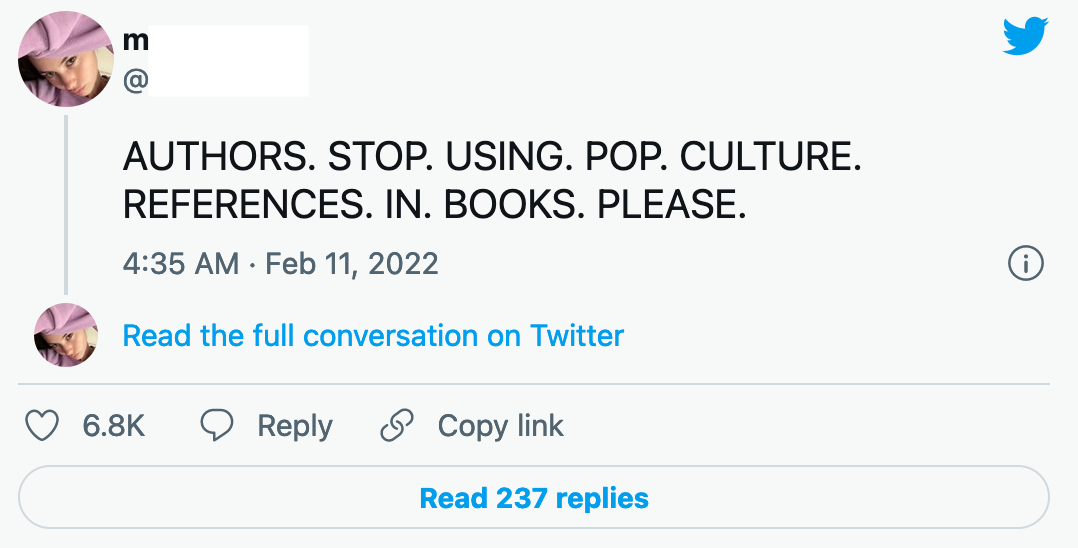 I actually missed the drama and went back to search it up after I saw Sadie’s tweet and got curious. I’m not going to get into the Twitter battle or if pop culture references are good or not (that’s too subjective to answer), but it did get me thinking about related things. Not so much pop culture reference, but the use of comparisons to actors as a substitute for character description**.
I actually missed the drama and went back to search it up after I saw Sadie’s tweet and got curious. I’m not going to get into the Twitter battle or if pop culture references are good or not (that’s too subjective to answer), but it did get me thinking about related things. Not so much pop culture reference, but the use of comparisons to actors as a substitute for character description**.